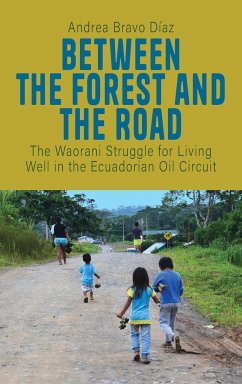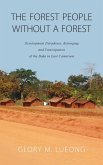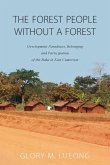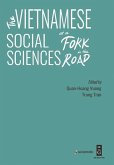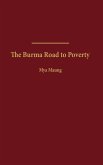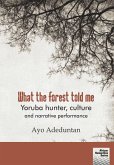During the past two decades Ecuadorians have engaged in a national debate around Buen Vivir (living well). This ethnography discusses one of the ways in which people experience well-being or aspire to live well in Ecuadorian Amazonia. Waponi Kewemonipa (living well) is a Waorani notion that embraces ideas of good conviviality, health and certain ecological relations. For the Waorani living along the oil roads, living well has taken many pathways. Notably, they have developed new spatial organizations as they move between several houses, and navigate between the economy of the market and the economy of the forest.
Hinweis: Dieser Artikel kann nur an eine deutsche Lieferadresse ausgeliefert werden.
Hinweis: Dieser Artikel kann nur an eine deutsche Lieferadresse ausgeliefert werden.

